
 Mount Kisco, NY – The Coronavirus (COVID-19) pandemic is affecting virtually every aspect of our lives, including how we work, learn and connect with one another. You cannot watch, listen or read the news without hearing the latest coronavirus news.
Mount Kisco, NY – The Coronavirus (COVID-19) pandemic is affecting virtually every aspect of our lives, including how we work, learn and connect with one another. You cannot watch, listen or read the news without hearing the latest coronavirus news.
“All of this has many of us feeling scared, nervous or anxious, which can make things worse and take a toll on our mental health,” says Rachel Merchan, LCSW, a social worker a Northern Westchester Hospital (NWH). “However, there are simple steps people can take to lower their fear level, reduce anxiety and keep calm.”
Here are Merchan’s tips to support your emotional health and wellbeing, and help you, and those you love, cope:
Consider a news detox
A never-ending stream of information and misinformation from a variety of sources may contribute to the rising sense of panic we feel when thinking about coronavirus.
- Consider taking a break from, or reducing, the number of updates you consume.
- See how you feel after taking a pause from the news for a few hours, or a day, and go from there.
- If you must search, seek trustworthy sources – the Centers for Disease Control and Prevention (CDC) gov, or your local health department.
Make decreasing stress a priority
Find ways to de-stress, such as listening to music, a deep breathing exercise or guided meditation, stretching, or a walk outside.
Understand the root of your concerns
Ask yourself: What am I most worried about? Fear often stems from the unknown. Try to understand why you are afraid, and then seek reliable sources of information to address your concerns, such as the CDC, or your healthcare provider. This can also be an important starting point when discussing the coronavirus with loved ones who are afraid. Open and honest communication can go a long way in helping us feel heard and understood.
Ask for support
If you’re feeling overwhelmed, unable to manage your emotions or struggling to function, it’s time to seek help. Let friends and family members know you’re having a hard time and seek professional support.
Acknowledge what you can control
There’s still a lot we don’t know about coronavirus. It’s okay, normal and expected to feel uncertain and scared. However, staying in that scary, uncertain space long-term isn’t good for us.
Think about taking action in a safe way:
- Learn the facts
- Share your knowledge with others
- Let loved ones know you are available for support
- Treat others with respect, whether you are a patient, care provider or community member
- Acknowledge that we’re all in this together
“We will get through this as a community and become stronger, together,” says Merchan. “Take care of each other, take care of yourself, and wash your hands.”
Information in this post is courtesy of Northern Westchester Hospital. For more information, please visit www.nwhc.net
# # #
Ab
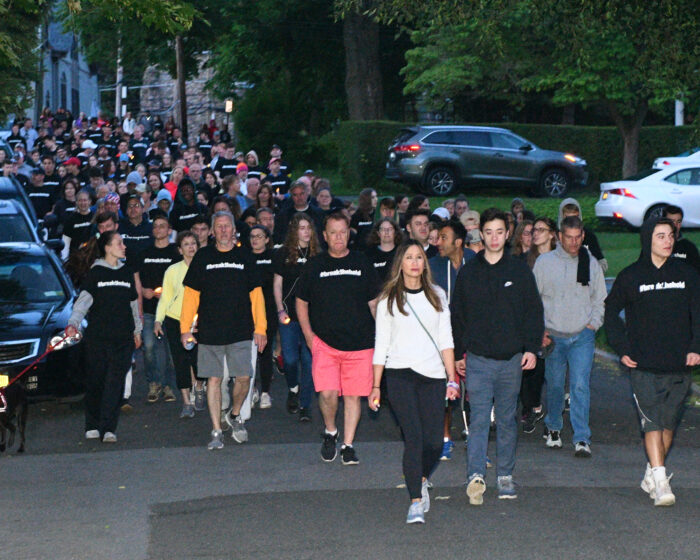

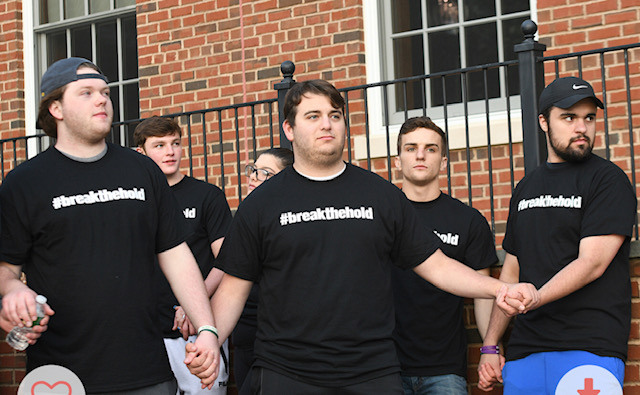
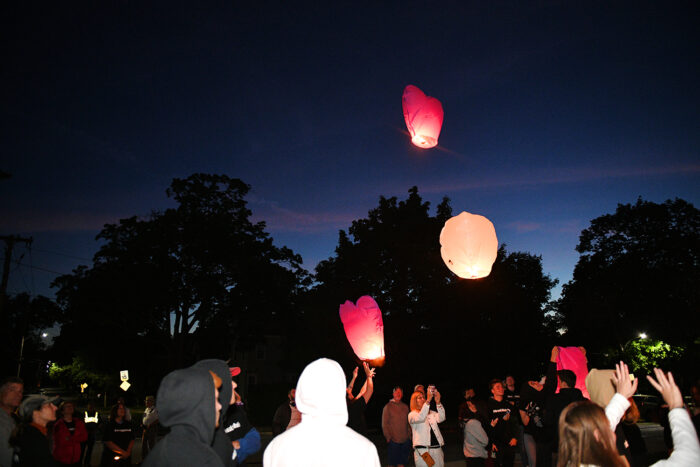


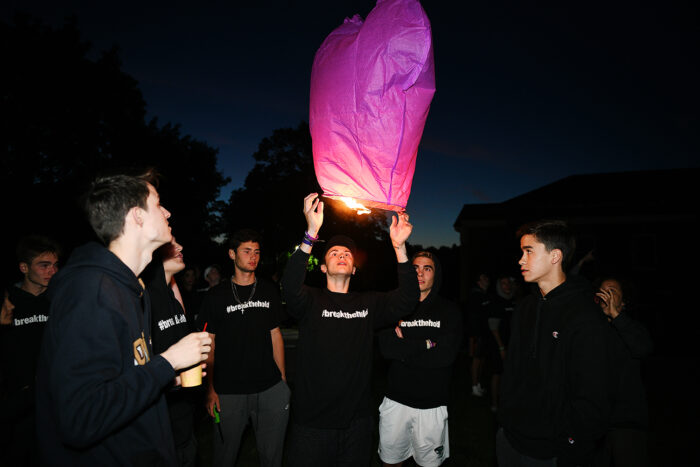
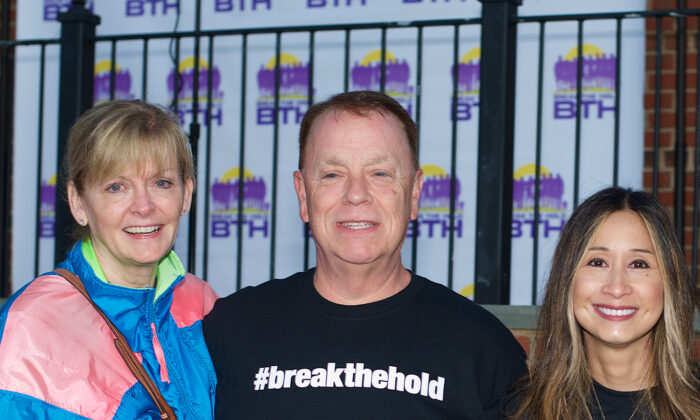

 Brian was a beloved son, brother and friend. He was well-liked, smart and athletic. He was friendly and had a lot of empathy for others. His parents knew he was a good person but “didn’t realize how kind he was”. After he passed away, friends and acquaintances contacted his parents and told them that if Brian saw someone who seemed sad he would not hesitate to reach out to them.
Brian was a beloved son, brother and friend. He was well-liked, smart and athletic. He was friendly and had a lot of empathy for others. His parents knew he was a good person but “didn’t realize how kind he was”. After he passed away, friends and acquaintances contacted his parents and told them that if Brian saw someone who seemed sad he would not hesitate to reach out to them.